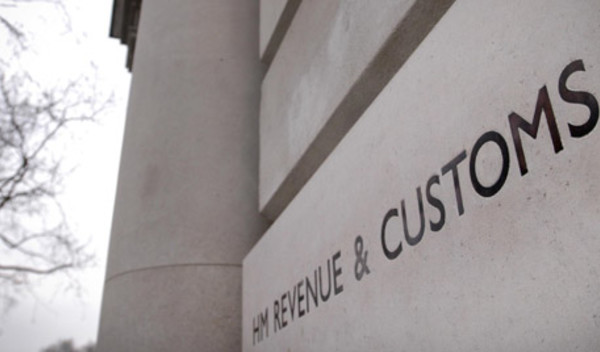

It describes the number of prosecutions for offshore tax evasion as “woefully inadequate” and cites HMRC’s failure to gather intelligence on losses through aggressive tax avoidance as an obstacle to improving UK tax laws.
The committee also raised fresh concerns over HMRC’s customer service, now considered so bad it could be having “an adverse impact on the collection of tax revenues”.
Meg Hillier MP, chair of the committee, stated that the public purse is missing out and taxpayers deserve better.
“We are deeply disappointed at the low number of prosecutions by HMRC for tax evasion,” she said, adding that HMRC must send a clear message to those who seek to evade tax that the penalties will be severe and public.
Tax avoidance also remains a serious concern, with Ms Hillier saying that too many avoidance schemes “run rings around the taxman”, operating legally but gaining advantages never intended by parliament.
“HMRC must also rapidly improve its customer service, previously described by the PAC as abysmal and now even worse,” she commented. “It beggars belief that, having made disappointing progress on tax evasion and avoidance, the taxman also seems incapable of running a satisfactory service for people trying to pay their fair share.”
HMRC collected £517.7bn from UK taxpayers in 2014 to 2015, some £11.9bn more than in 2013 to 2014, at the same time in which it reduced running costs from £3.4bn to £3.1bn.
The report recognised the achievement of HMRC in increasing the amount of tax collected while also reducing its running costs over the last five years, however it criticised the lack of progress on issues the committee has raised before.
Among the committee’s recommendations were better identification and reporting of the value of all tax avoidance schemes, including an estimate of the value of schemes it has challenged but which have been judged to be legal by the courts, so that parliament can see the scale of avoidance.
HMRC should also define the different types of tax relief, including those it considers to be tax expenditures, identifying which reliefs it considers require monitoring and evaluation.
The tax office should produce a detailed plan setting out how and when it will provide an acceptable standard of customer service, wrote the committee, adding that this should include a clear plan for the efficient management of its change programme and introduction of new IT systems.
Finally, and as previously recommended, HMRC should strengthen its capability to investigate offshore tax evasion and make tougher the criminal and civil sanctions it can apply.
It should make clear that those who persist in their attempts to hide assets offshore will face the threat of prosecution, and should in future demonstrate the significance of this threat through its actions, added the report.
peter.walker@ft.com



